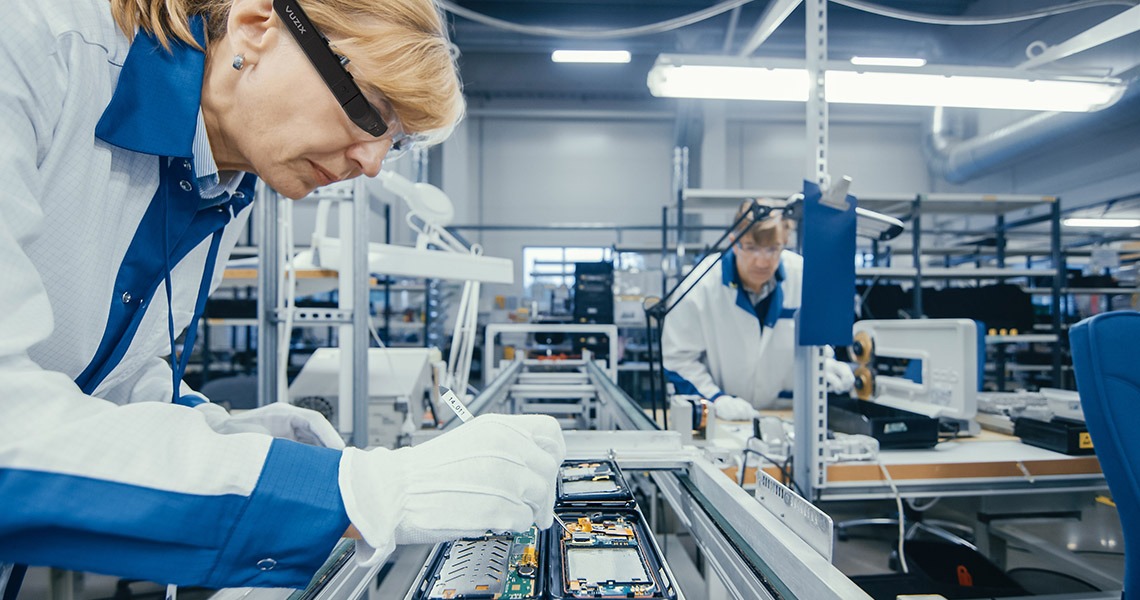FAT (Factory Acceptance Test) is the process by which a machine or equipment is accepted at the factory. It is a set of standardised, recorded and structured tests performed by machinery and equipment manufacturers after the manufacturing process is completed and prior to shipment to the customer.
The purpose of FAT testing is to demonstrate that the machine or equipment complies with the specifications imposed by the user, with the approved design and with the rest of the specifications relating to operation, production, safety and maintenance.
Remote FAT testing: evidence generation
Although they can be physically witnessed by the client, FAT tests can be carried out remotely, generating the necessary evidence and the relevant documentation to send to the client for approval.
Currently, technology makes it possible to promote remote collaborative work solutions with clients or suppliers, which enables the design and validation of products or verification of the work carried out, generating evidence of the verifications made.
Advantages of digitisation in Industry
1. Efficiency
Product design and verification requires interaction with customers or suppliers. Travelling to the plant involves costs and time investment, and video conferences are sometimes not sufficiently accurate.
2. Accuracy
Technology allows the person in charge of the verification to see perfectly what the technician shows him through his device and can make indications on the image in real time thanks to Augmented Reality, among other tools.
3. Traceability
It is possible to carry out verifications in real time and keep a history of all the sessions.



